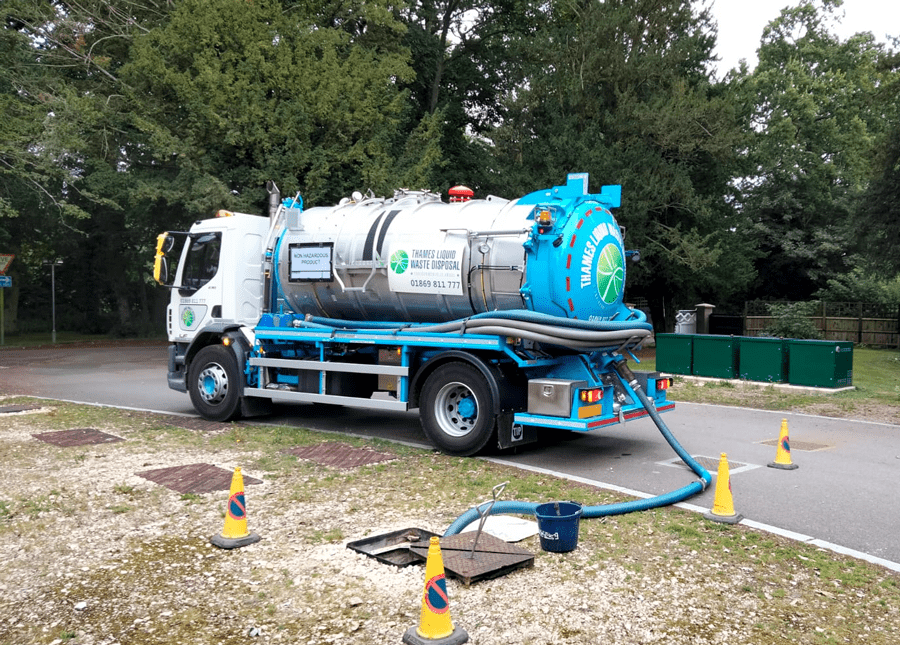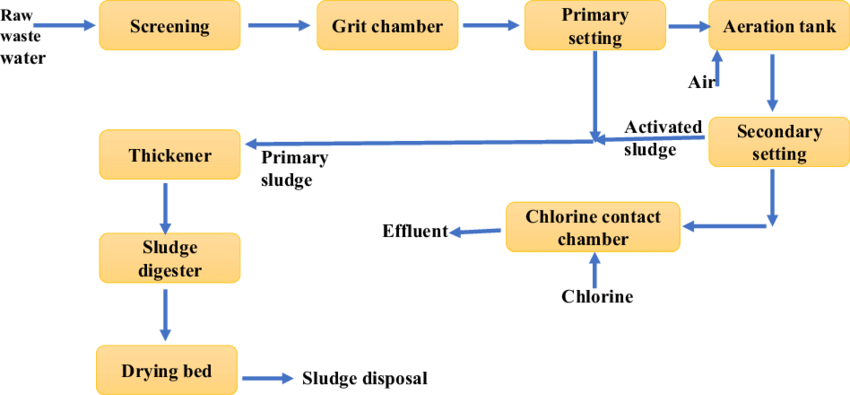The 5-Minute Rule for Reclaim Waste
The 5-Minute Rule for Reclaim Waste
Blog Article
Reclaim Waste - An Overview
Table of ContentsThe Ultimate Guide To Reclaim WasteThe Main Principles Of Reclaim Waste Not known Facts About Reclaim WasteThe Best Strategy To Use For Reclaim WasteReclaim Waste - The Facts
Explore the types, incidents, and kinds of fluid waste. Domestic sewer waste describes the waste and items from a residential septic system. This kind of waste is produced by human beings in residences, institutions, and various other buildings. This only includes sewage-disposal tanks that have a drainpipe field. The proper management and disposal of domestic sewage waste call for fluid waste to be transferred to a sewage therapy plant where the appropriate techniques and devices are put on detoxify and get rid of waste.
Industrial waste typically consists of potential hazards, such as combustible products or a combination of fluid and strong waste items, and needs an advanced and comprehensive disposal process. The disposal of industrial waste commonly entails the filtration of waste before transportation to ensure safe and appropriate disposal. Hazardous waste is produced from byproducts and runoff of industrial processes and production.
This kind of waste can not use the very same sewer administration transportation or processes as septic or commercial liquids. The commercial waste management procedure calls for the assessment and testing of liquid waste before it goes through the disposal process (industrial wastewater treatment). Runoff waste is the liquid waste that comes from drainage and excess stormwater in extremely populated locations or cities
Runoff waste can cause contamination and flooding otherwise handled effectively. Discover extra regarding sewage system cleaning and waste management. Making certain proper waste management can stop catastrophes and reduce ecological damage. Both people in property settings and professionals in industrial or manufacturing industries can benefit from recognizing the procedures and guidelines of liquid waste management.
Reclaim Waste Fundamentals Explained
Call PROS Solutions today to discover our waste management and disposal solutions and the appropriate means to look after the liquid waste you produce.
(https://soundcloud.com/reclaimwaste1)Do you know what takes place to your water when you disengage, purge the bathroom or drain the washing machine? No? Well, it deserves understanding. This supposed 'wastewater' is not just an essential resource yet, after therapy, will be launched to our land, waterways or the sea. Utilized water from toilets, showers, bathrooms, kitchen sinks, washings and commercial processes is referred to as wastewater.

water used to cool equipment or clean plant and equipment). Stormwater, a type of wastewater, is runoff that flows from agricultural and urban areas such as roof coverings, parks, gardens, roadways, courses and seamless gutters right into stormwater drains, after rain. Stormwater flows unattended straight to neighborhood creeks or rivers, at some point reaching the sea.
Reclaim Waste Fundamentals Explained
In Queensland, many wastewater is dealt with at sewage treatment plants. Wastewater is delivered from domestic or commercial sites via a system of sewage systems and pump stations, known as sewage reticulation, to a sewer treatment plant. City governments build, preserve and operate most sewer treatment plants. Operators are accredited under the Environmental Management Act 1994 to release treated wastewater at an appropriate environmental requirement into waterways.
The Department of Natural Resources suggests regional federal governments regarding handling, operating and keeping sewerage systems and therapy plants. In unsewered locations, city governments may call for householders to install specific or household sewer therapy systems to treat domestic wastewater from commodes, kitchens, washrooms and laundries. The Division of Natural Resources authorises using house systems when they are shown to be effective.
In some new class, treatment of some stormwater to get rid of litter, sand and gravel has begun using gross pollutant catches. Wastewater treatment occurs in 4 stages: Gets rid of strong matter.
Wastewater then moves right into big storage tanks where solids resolve and are eliminated as sludge. Grease and scum are skimmed from the surface area. Makes use of small living organisms referred to as micro-organisms to break down and remove remaining liquified wastes and great bits. Micro-organisms and wastes are integrated in the sludge. Eliminates nitrogen and phosphorus nutrients that might create algal blooms in our waterways and intimidate aquatic life.
The Definitive Guide for Reclaim Waste
Nutrient removal is not readily available whatsoever sewer treatment plants since it calls for expensive specialist tools. It is becoming extra common in Queensland. Clear fluid effluent produced after treatment may still consist of disease-causing micro-organisms. If this effluent is released right into waterways such as rivers or the sea, the micro-organisms will ultimately pass away out.

Many wastewater flows right into the sewage system. Under the Act, local federal governments administer authorizations site here and licences for eco appropriate activities (ERAs) entailing wastewater releases that may have a regional influence.
Fascination About Reclaim Waste
Surveillance provides factual information concerning water quality and can validate that licence problems are being satisfied. The info gotten via tracking offers the basis for making water quality choices.
Report this page